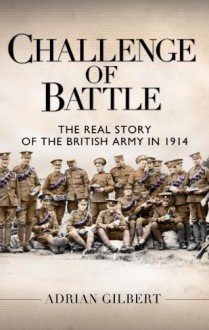
For Americans, the name "Benedict Arnold" is synonymous with traitor. (Arnold was an officer in the Continental Army with a distinguished combat record during the American War of Independence who later changed sides and fought with the British.) Taken in the larger context of the Cold War, the same can be said for Harold Adrian Russell Philby - aka Kim Philby.
Philby was one of those men of Britain's interwar generation hailing from a privileged class who, upon graduating from Oxford or Cambridge, were expected to make their mark upon the world and lead it. In Philby's case, as the son of a distinguished, eccentric and distant father, he learned early how to ingratiate and endear himself with people. In his early 20s, Philby became a convert to Soviet Communism and devoted his life in service to the Soviet Union. What is remarkable in Philby's case in how he was able for close to 30 years to live, in effect, two lives. The one of an urbane, witty, charming, and suave Englishman (who rose to the highest ranks of Britain's MI6, which is analogous to the CIA) --- coupled with that of a Soviet spy --- a mole --- who faithfully served Moscow Centre by compromising a whole host of Allied/Western espionage operations dating from the Second World War to the early 1960s (when he defected to Moscow).
In reading this book, I was amazed at how the British "old boy network" operated in terms of both promoting and protecting its own in its intelligence services (MI5 and MI6). The following observations made by the author I found both interesting and startling ---
"... Philby's life developed a pattern of duality, in which he consistently undermined his own work, but never aroused suspicion. He made elaborate plans to combat Soviet intelligence, and then immediately betrayed them to Soviet intelligence; he urged ever greater efforts to combat the communist threat, and personified that threat; his own section worked smoothly, yet nothing quite succeeded."
"During the war, the Bletchley Park decoders had enabled Britain to discover what German intelligence was doing. Philby's espionage went one better: he could tell his Soviet handlers what Britain's spymasters were intending to do, before they did it; he could tell Moscow what London was thinking."
This is a book that provides the reader with "a chilling examination of how far anyone can ever really know another human being."


 Log in with Facebook
Log in with Facebook 









